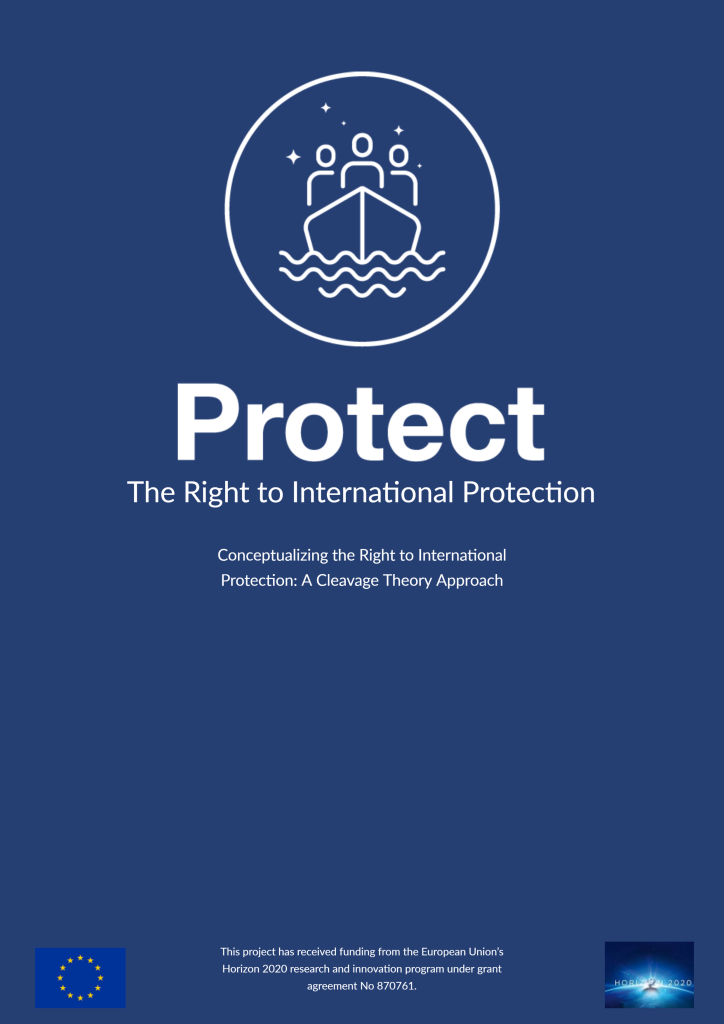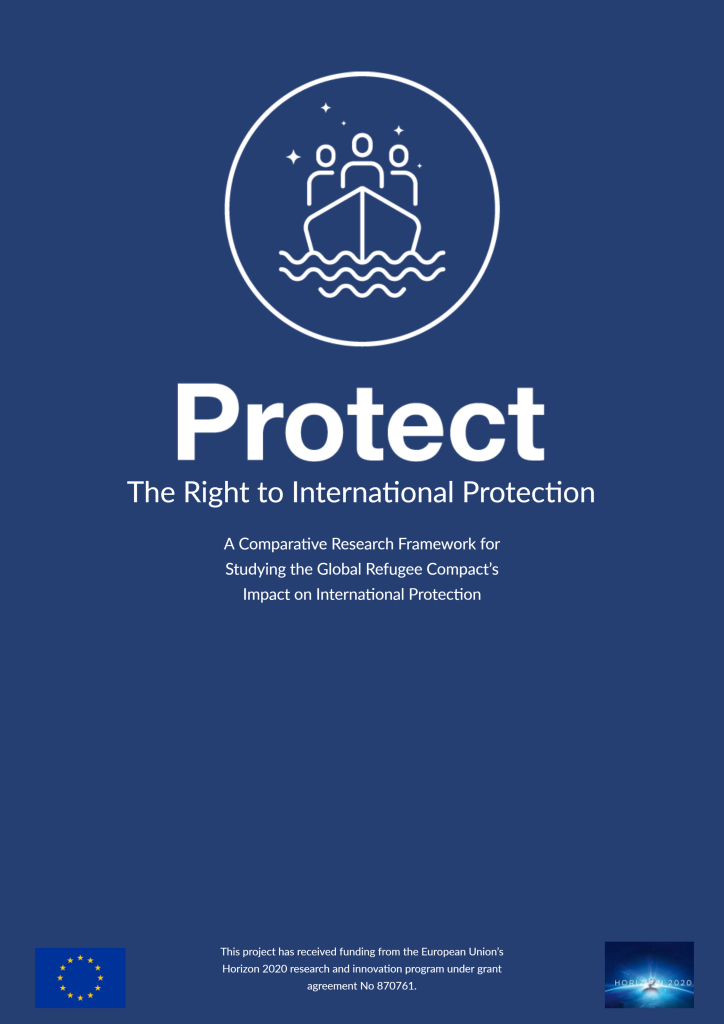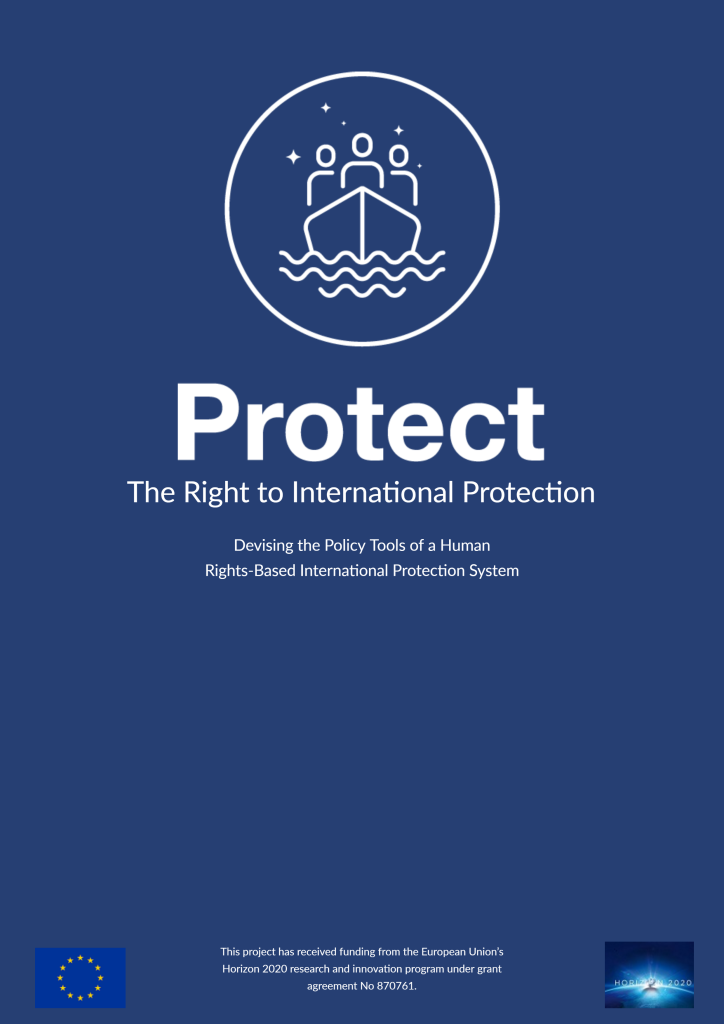Developing theoretical, conceptual, and methodological approaches to international protection
As citizens living in a frantically evolving world, we are constantly reminded that new scenarios call for innovations in thinking. That is why PROTECT’s first task consists of developing theoretical, conceptual, and methodological approaches to international protection. The changes presupposed and brought about by the UN Global Compacts on Migration and Refugees are analysed through the lenses of normative political theory, international relations theory, and a reworked cleavage theory. This amounts to inquiring into the divides which shape, in this case, migration and asylum policies. It becomes therefore possible to decipher current dynamics in international politics by extending cleavage theory beyond the national and European scenario it has been applied to thus far, to cover issues in migration theory and practices and to bear on the global scene. The political theory research in WP1 aims at devising context-sensitive, target-oriented, and predictive models as common goals and conceptual toolboxes to ensure the consistency of the entire project.

Work Package 1 is co-led between the University of Bergen and the Toronto Metropolitan University.
> Read more about the Bergen team



